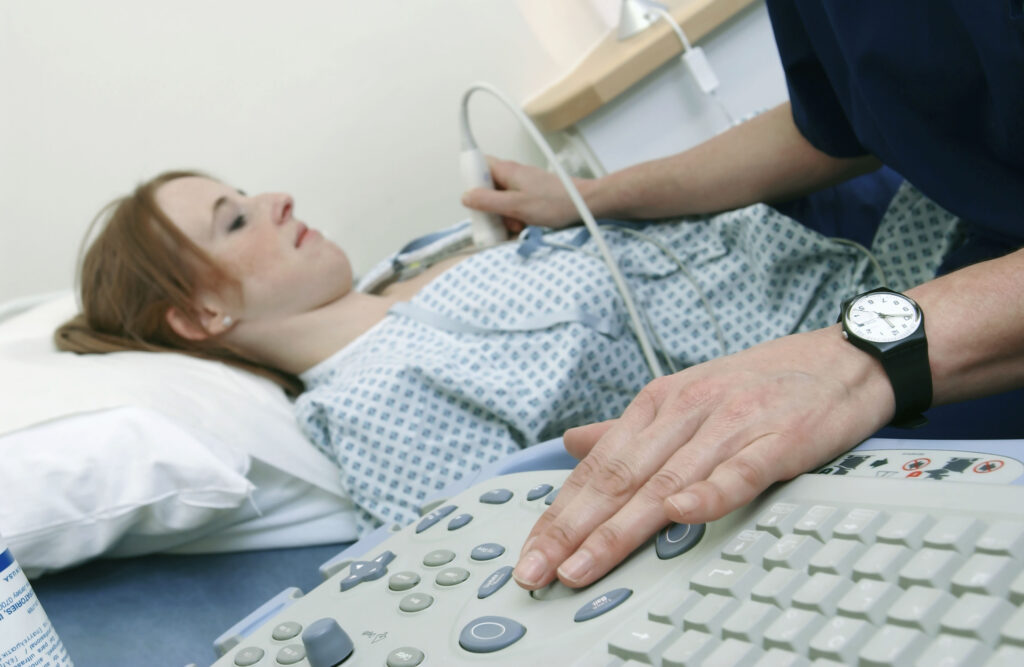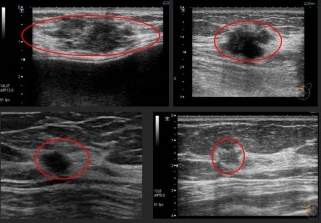
In Hungary, AI has been used to diagnose breast cancer since 2021. The company that developed breast cancer diagnosis AI is Keiron Medical Technologies, a Hungarian AI software company based in London, England. Keiron trained breast cancer diagnostic AI with breast X-ray images of more than 5 million breast cancer patients provided by Hungary, Argentina, and Emory University in the United States, and 12 radiologists participated in this. Currently, the technology is used in five hospitals, MaMMa Klinika, in Budapest, Hungary. First of all, when mammography is completed, two radiologists review the signs of cancer. The AI then marks areas where it agrees with the doctor or needs to be reconfirmed. It is reported that the AI is similar to a radiologist or shows diagnostic ability beyond a doctor. In Mamma Clinica, more than 35,000 people are tested for breast cancer annually, and the hospital said AI software found more malignant tumors in breast X-rays, raising the detection rate of breast cancer by 13%. Since the introduction of AI, AI has discovered 22 cancers that radiation experts have missed, and is still analyzing more than 40 additional cases that may be cancer. In an AI photo reading experiment on 275,000 people last year, Kiron announced that AI showed similar diagnostic performance to radiologists, which reduced doctors’ reading burden by more than 30%.However, doctors and AI developers say there are many obstacles to overcome in the widespread use of cancer diagnostic AI.

Currently, the technology is only being used in limited locations, requiring large-scale additional clinical trials before it is more widely adopted as an automated secondary or tertiary reader for breast cancer screening. It also needs to prove that it can provide accurate results for women of all ages, races, and bodies, and technology needs to be more advanced than now to recognize more complex forms of breast cancer.In addition, resistance from doctors and medical institutions such as radiologists must be overcome.

In response, the NYT suggested that the fear that AI will replace human doctors appears to be exaggerated. Peter Keskemeti, founder and CEO of K-Ron, said, “AI diagnostic technology performs best when used with doctors. AI does not replace doctors, but the combination of AI and doctors will replace doctors alone.”Dr. Laslo Tabar, a renowned European mammography educator, also said he fell in love with the technology after reviewing the diagnostic AI performance of several companies, affirming that “AI will eventually save lives.” He added, “I dream of a day when women will go to breast cancer centers and ask, ‘Do you have AI or not?'”
Chang-young CHOI
US ASIA JOURNAL



